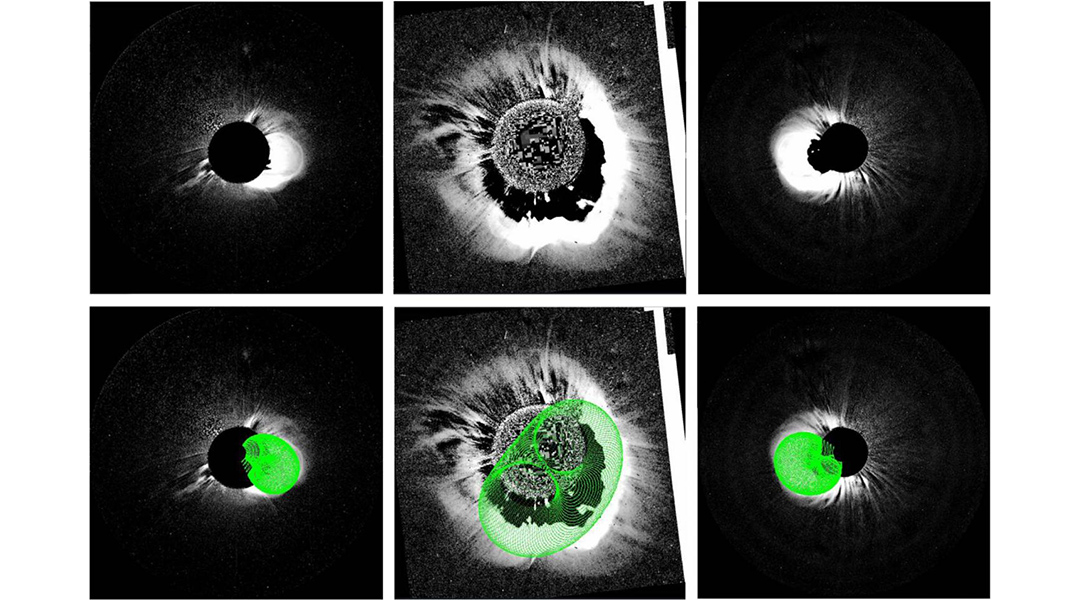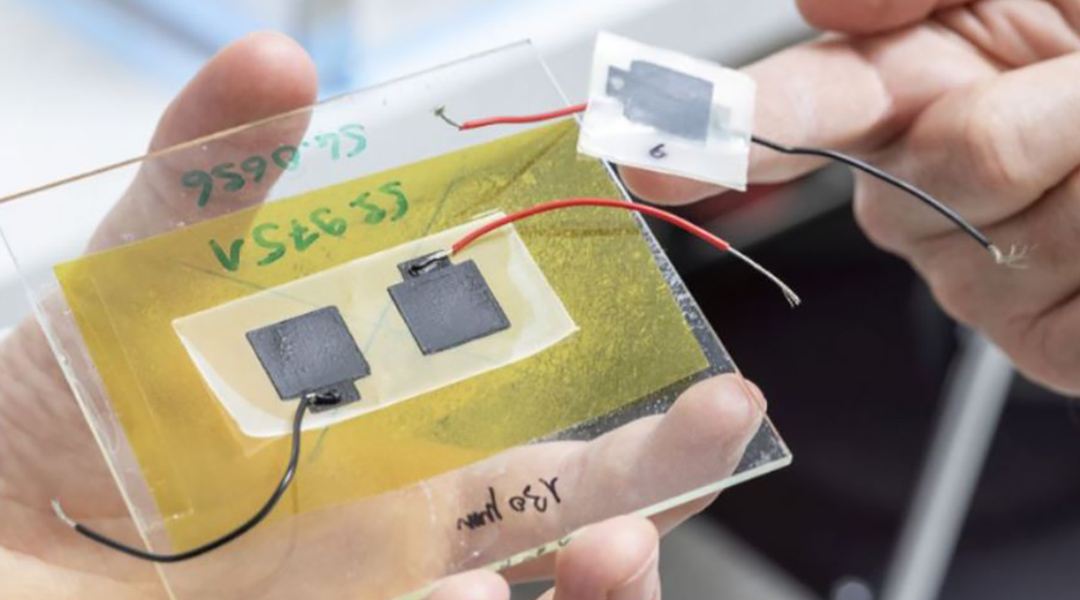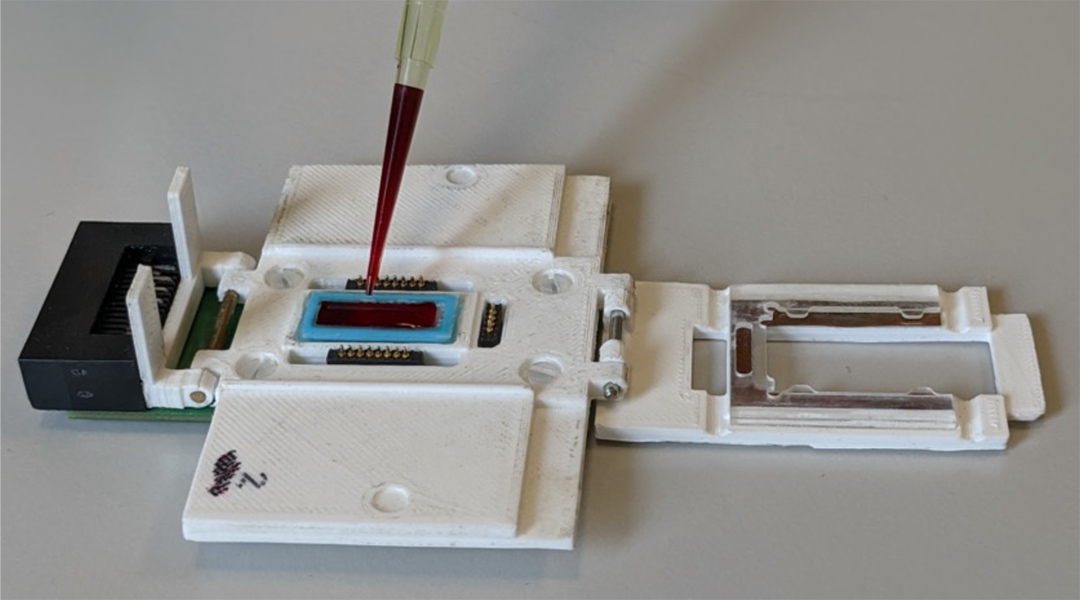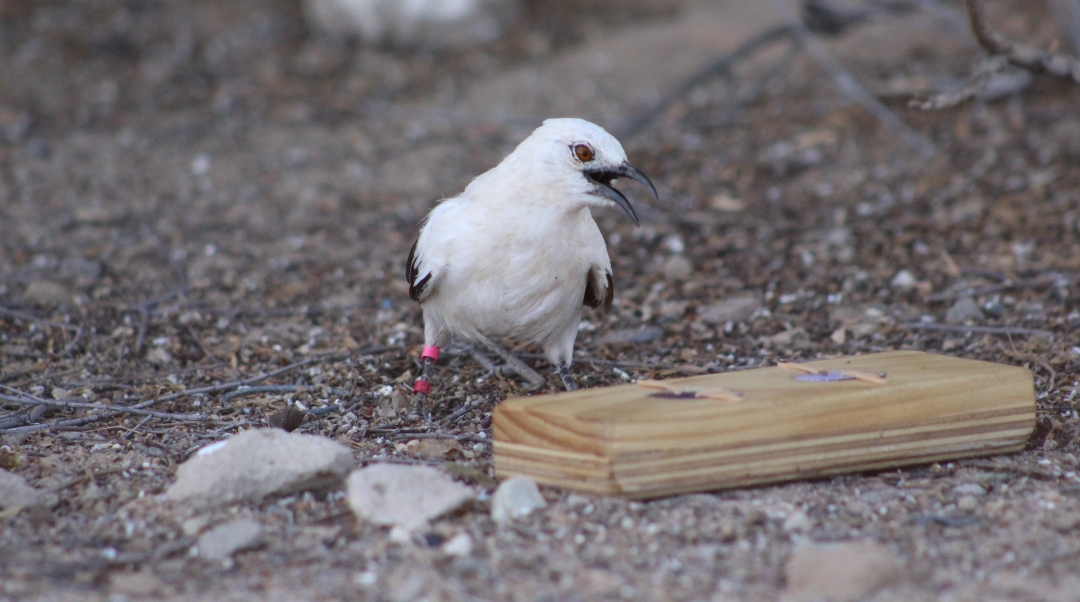Climate change is affecting snow depth on the Tibetan Plateau, which may provide trouble for communities at its base.


Climate change is affecting snow depth on the Tibetan Plateau, which may provide trouble for communities at its base.

To many, space weather may seem like a distant concern, but predicting its effects on Earth are important for resilience against potential hazards.

Researchers build a biodegradable mini-capacitor that consists of carbon, cellulose, glycerin, and table salt — and it works reliably.

The relationship between climate action and our shared cultural heritage is often overlooked, though no less important when it comes to building resiliency and adapting to climate change.

A new lab-on-chip technology enables the rapid and quantitative identification of malaria parasites in the blood for better and more accurate diagnosis in remote regions.

Self-propelling microparticles enhance the dissolution of drugs in the stomach, achieving better bioavailability without the side effects of high dosing.

Emerging data from trials exploring mixing different types of vaccines demonstrate the practice is safe and could boost immunity.

Deepening trust in relationships by broadening and diversifying them could improve climate efforts on the global scale.

A new approach to the synthesis of sustainable ammonia and urea uses food waste and brown water as feedstocks.

With increasing heatwaves, wild animals’ ability to process and respond to environmental information may become compromised.